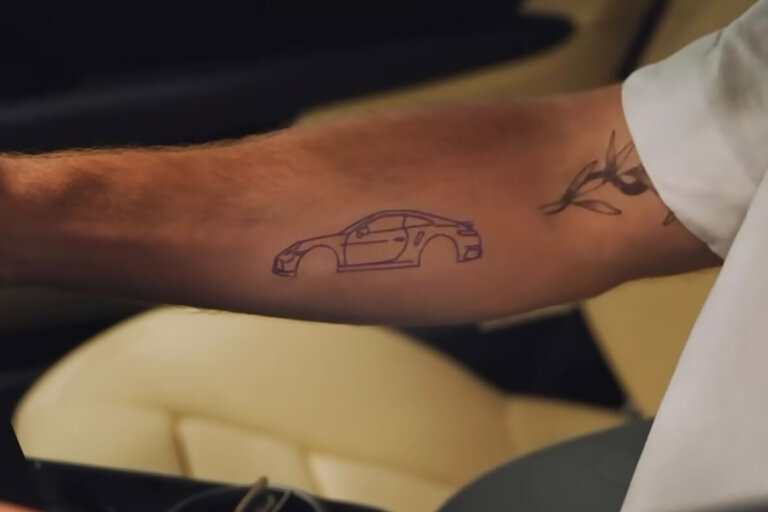What defines class? Is it the job you have, or your childhood experiences? | Letters
Guardian readers respond to Daniel Lavelle’s piece about living in class limboIn his critical reflections on the Marxist definition of the working class (My life in class limbo: am I working class or insufferably bourgeois?, 2 April), Daniel Lavelle wonders how a cleaner and a Premier League footballer could be deemed as part of the same class. They shouldn’t be, because they’re not the same class. Unlike the cleaner, the Premier League footballer doesn’t depend on his wage to survive, because he has probably accumulated enough wealth to do so even if he stops playing football tomorrow.Being working class is not simply about selling your labour, but having to sell your labour to make ends meet. If you have other sources of income that could cover that (profits, savings, inheritance, dividends, rent), then you are not working class. It’s less about, therefore, whether you own the means of production or not, and more about whether you own the means of self-reproduction or not. Continue reading...

Guardian readers respond to Daniel Lavelle’s piece about living in class limbo
In his critical reflections on the Marxist definition of the working class (My life in class limbo: am I working class or insufferably bourgeois?, 2 April), Daniel Lavelle wonders how a cleaner and a Premier League footballer could be deemed as part of the same class. They shouldn’t be, because they’re not the same class. Unlike the cleaner, the Premier League footballer doesn’t depend on his wage to survive, because he has probably accumulated enough wealth to do so even if he stops playing football tomorrow.
Being working class is not simply about selling your labour, but having to sell your labour to make ends meet. If you have other sources of income that could cover that (profits, savings, inheritance, dividends, rent), then you are not working class. It’s less about, therefore, whether you own the means of production or not, and more about whether you own the means of self-reproduction or not. Continue reading...

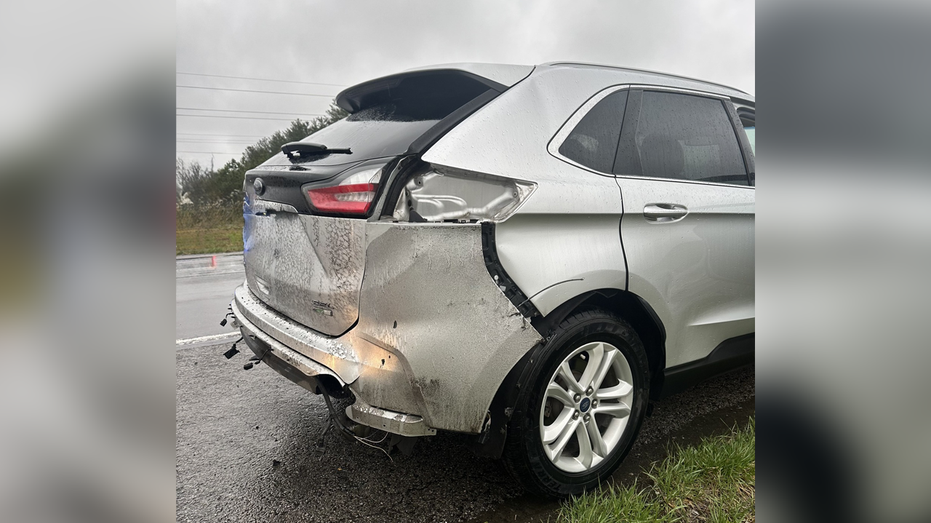



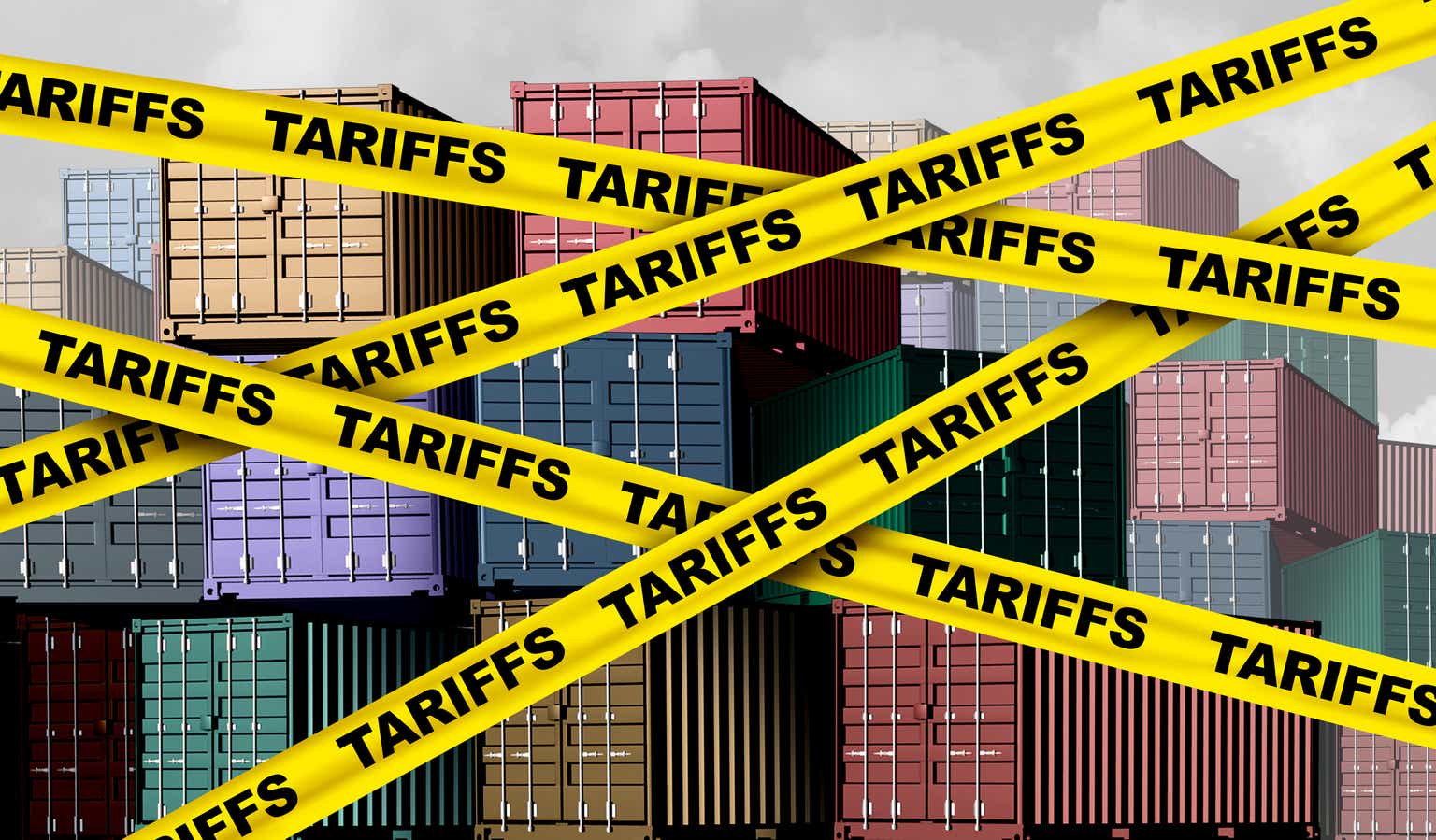




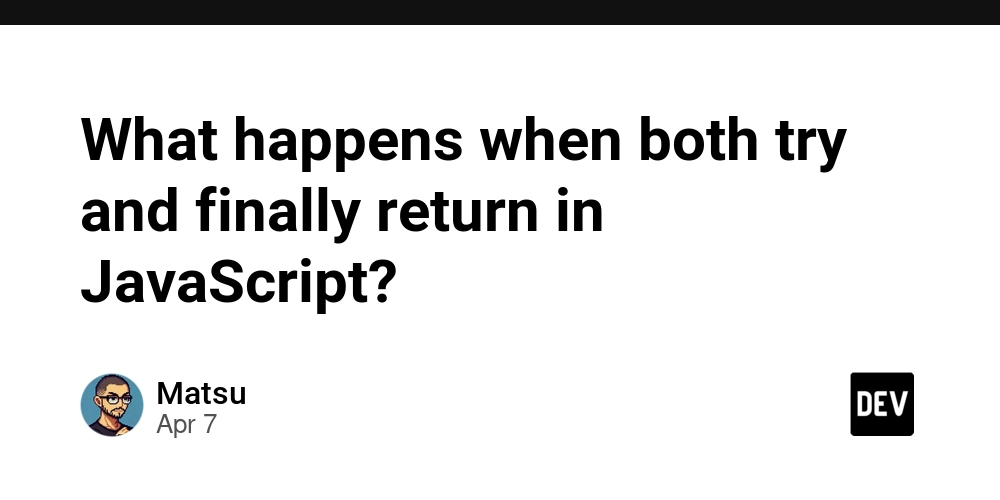






.webp?#)



















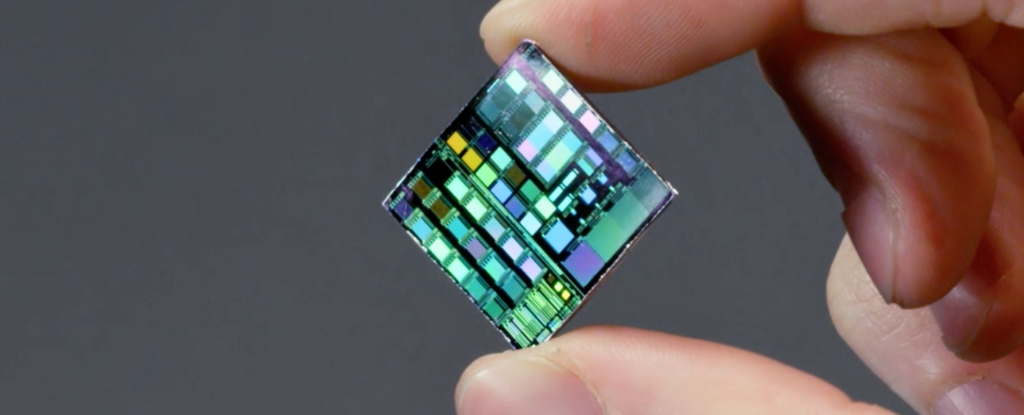













![‘White Lotus’ Finale: [SPOILER] Dies in the Shootout, and What Happens to Everyone Else?](https://variety.com/wp-content/uploads/2025/04/parker-posey-patrick-schwarzenegger-jason-isaacs-sarah-catherine-hook-sam-nivola.jpg?#)






